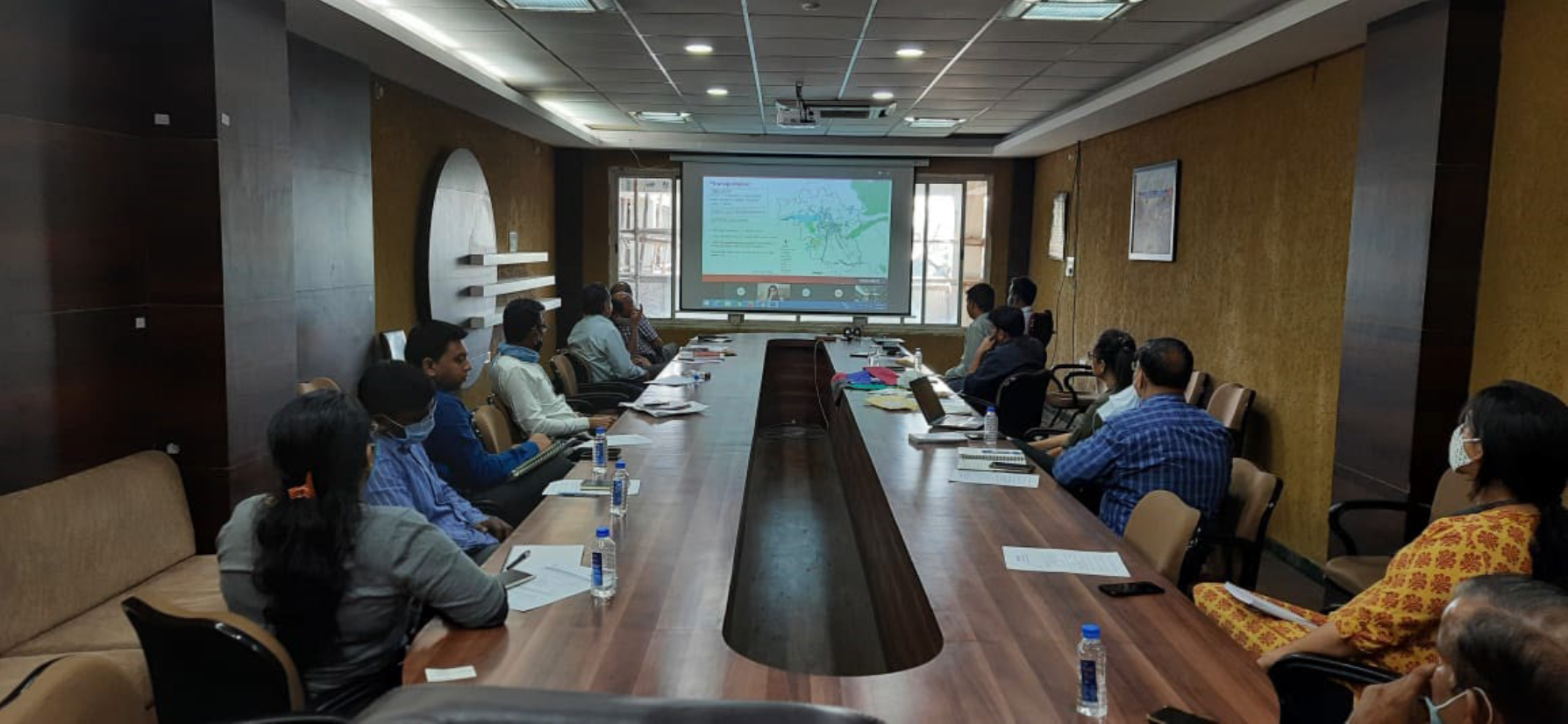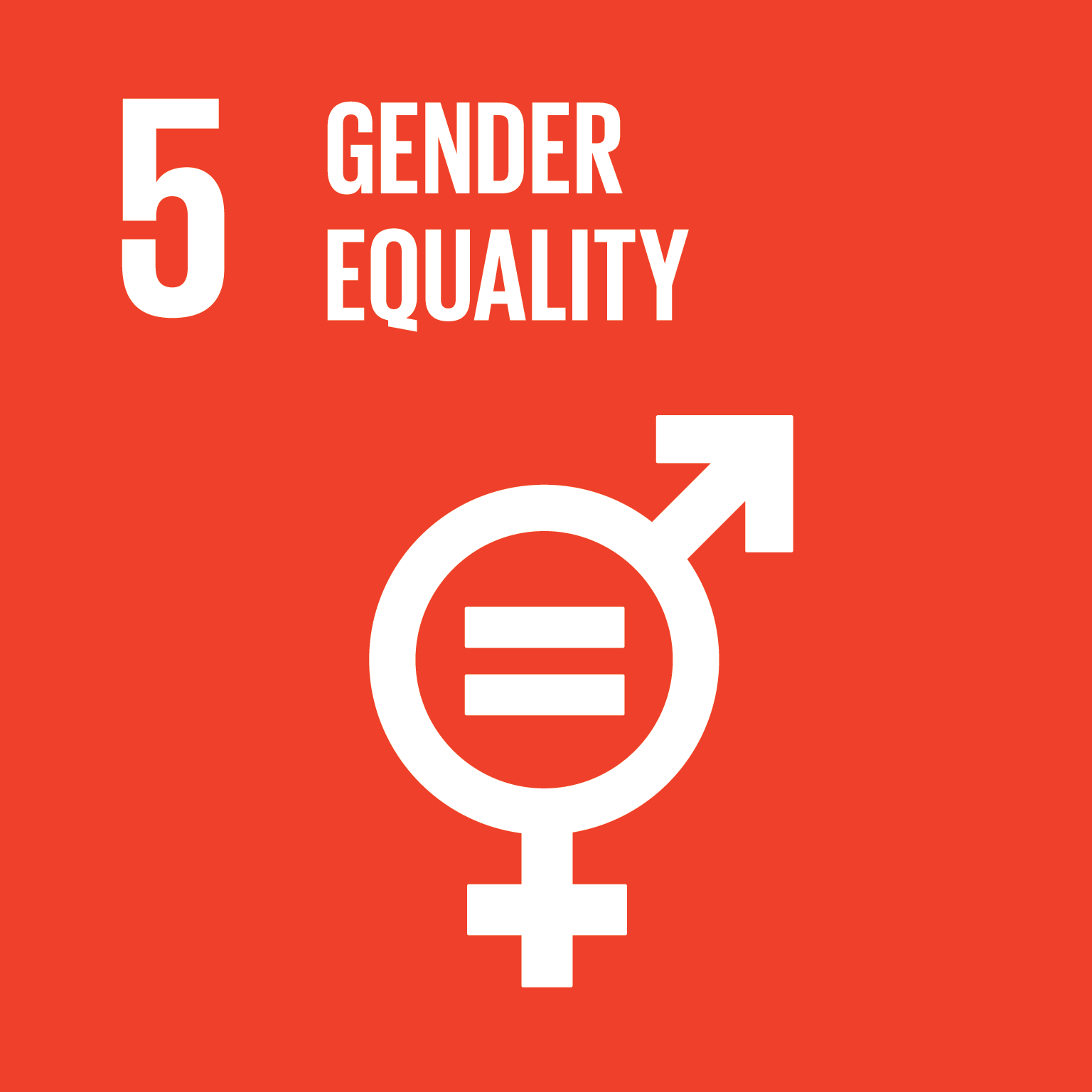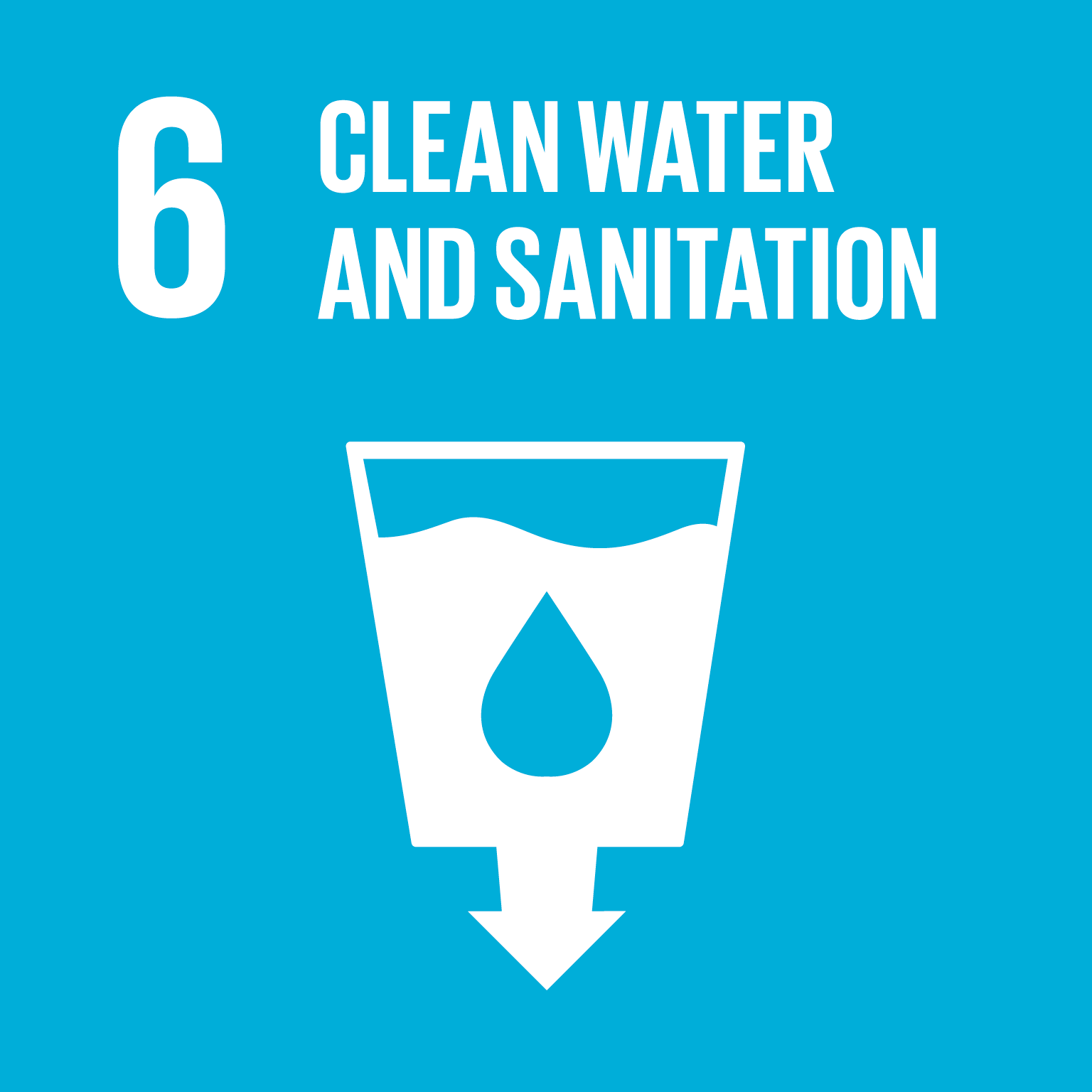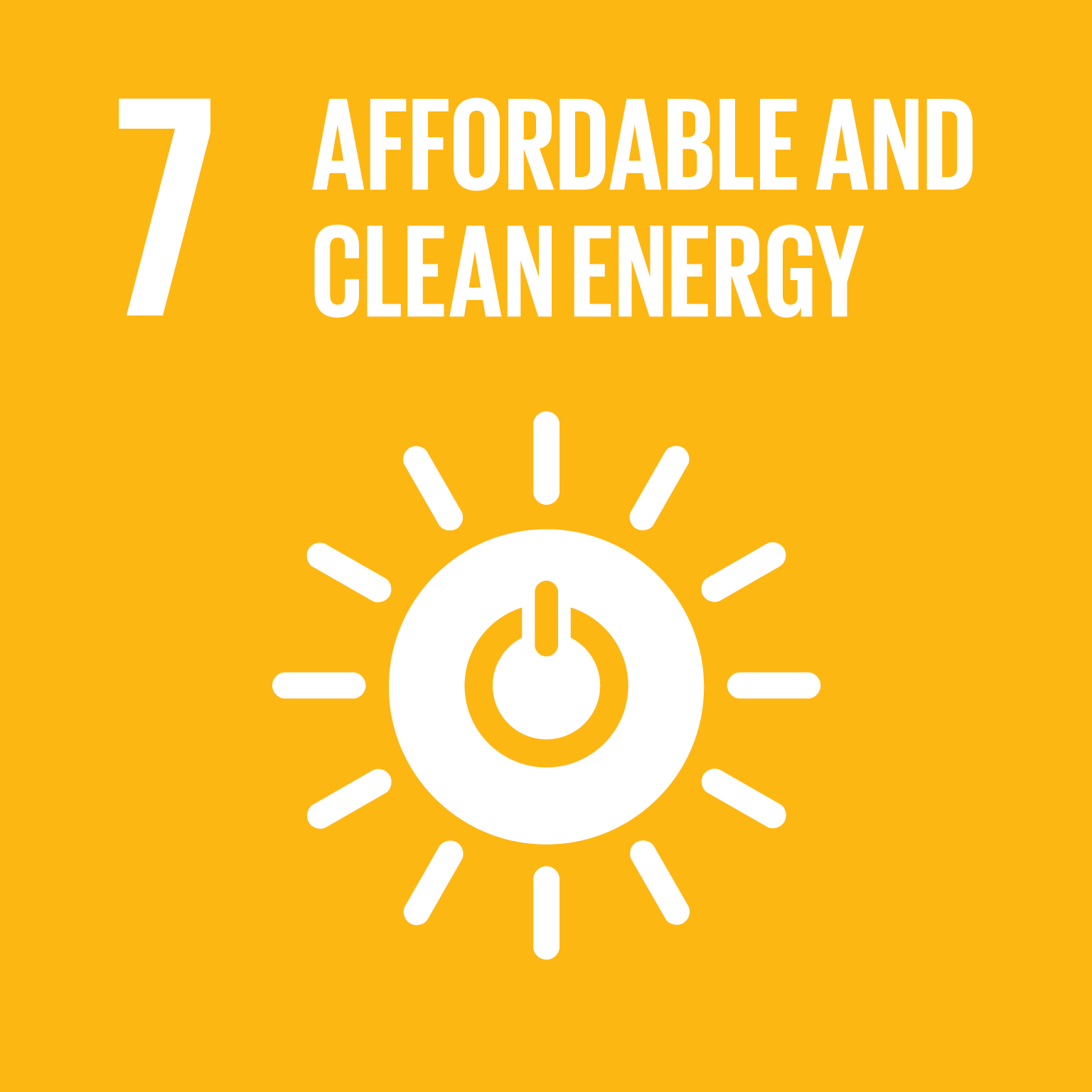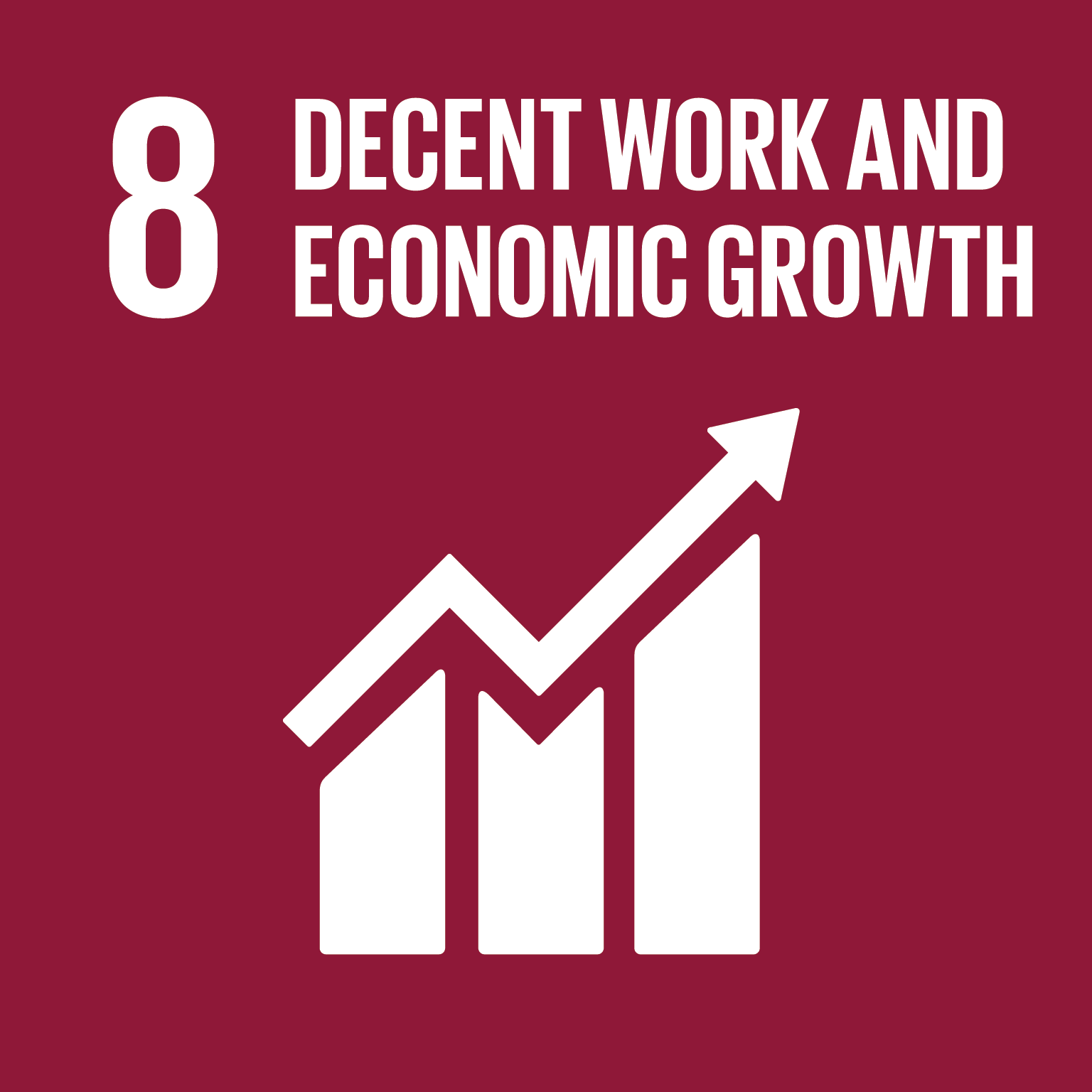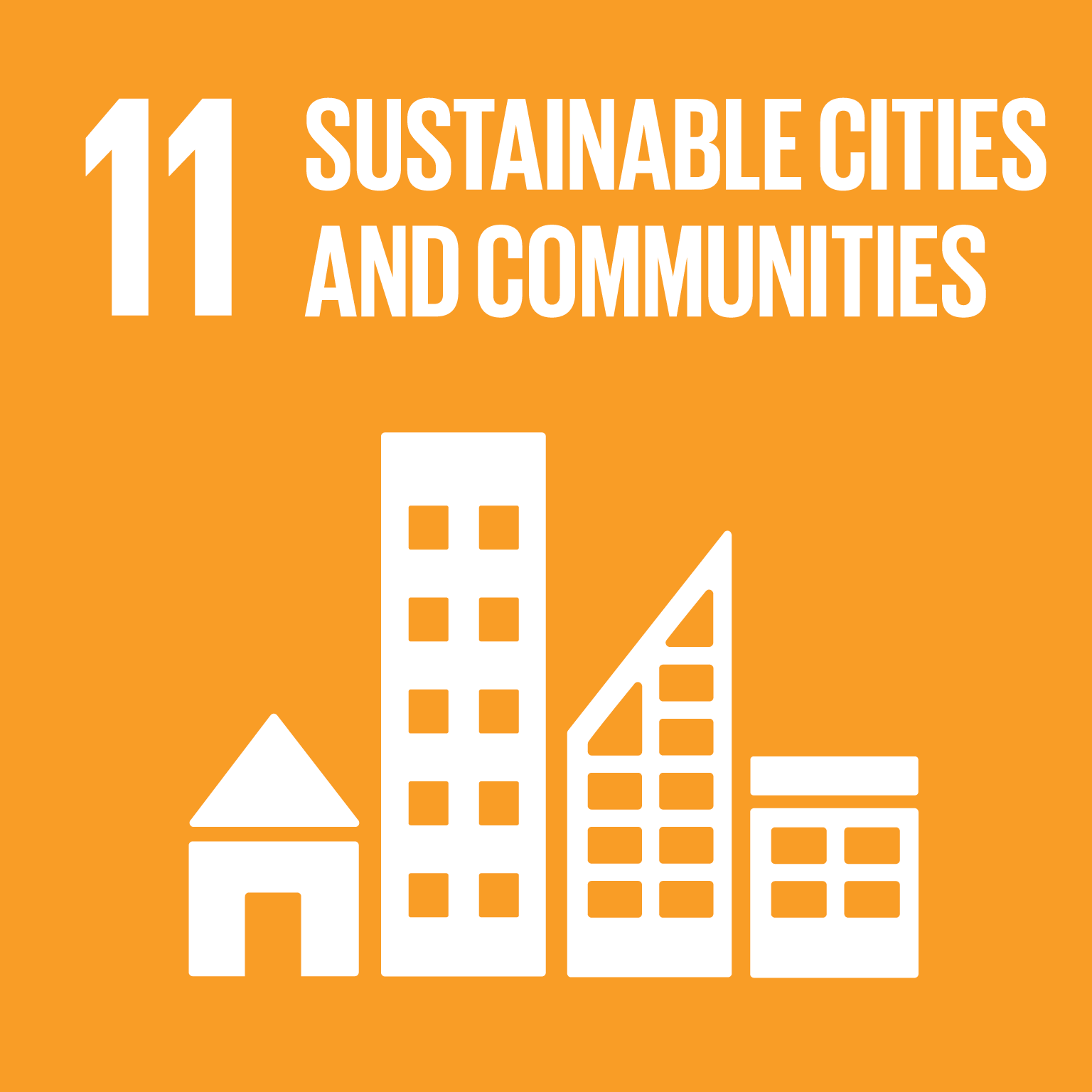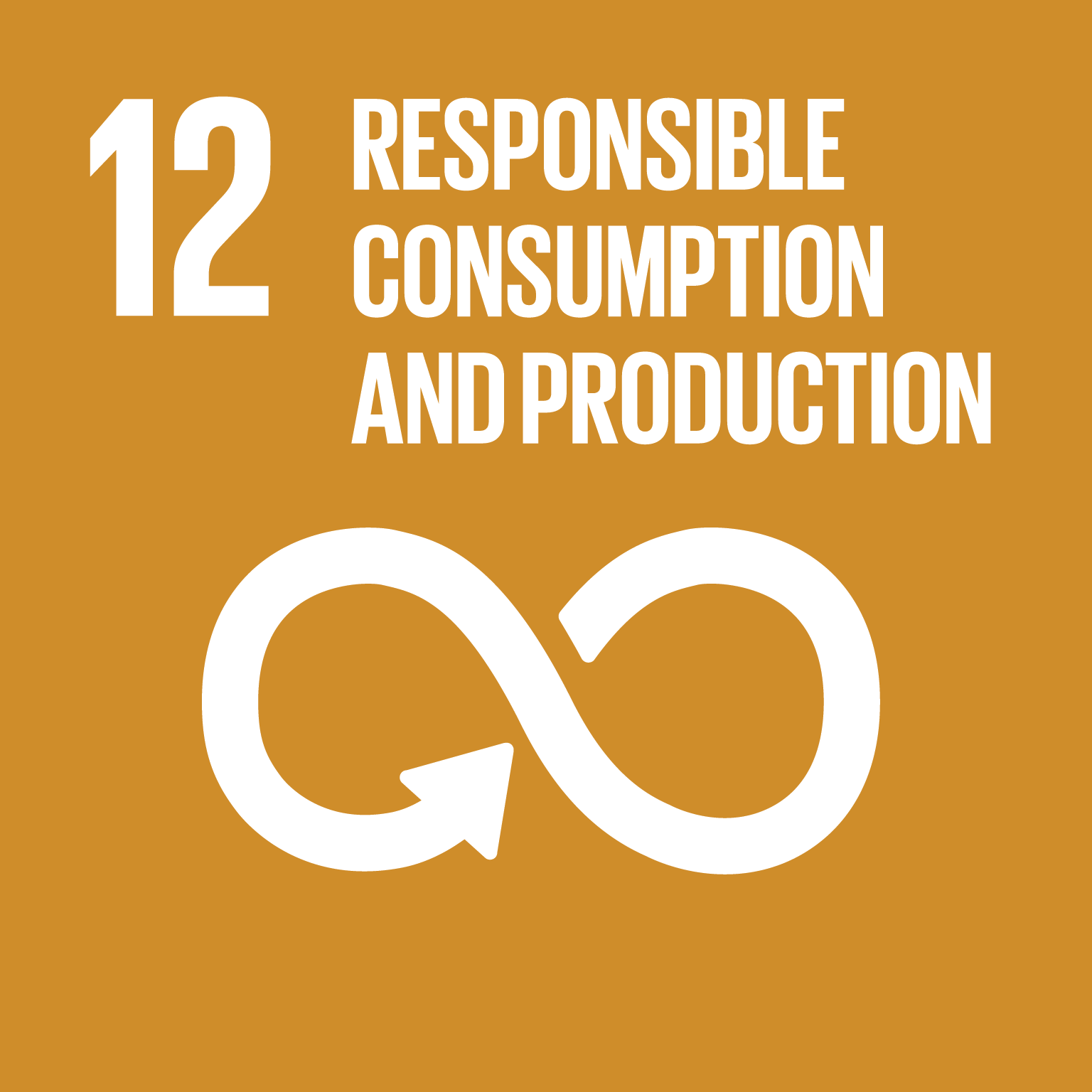Urban Sustainability Assessment Framework (Developed under the Sustainable cities, integrated approach pilot in India, funded by GEF-6)
Background and Objectives
The Urban Sustainability Assessment Framework (USAF) is designed as a decision support tool for municipal commissioners and urban practitioners to support sustainable and resilient urban planning and management of cities in India.
Key Applications of the USAF are:
- Facilitating periodic review of intra-city sectoral performance for spatial equity
- Provide an evidence based spatial diagnostic for master plan review monitoring and revision purposes
- Efficient resource allocation for prioritization of development projects and tracking of management and financial
Main approach
Urban diagnostics based on USAF cover 12 sectors, namely, governance and data management, finance and economy, housing and property, water, sanitation, waste management, clean energy, resilience, environment, public space-safety-urban form, transport, and social infrastructure. The performance of these sectors is measured using national and international benchmarks. USAF ‘spatializes’ several indicators of the framework for granular planning and identify inequalities in service delivery, resource allocation, accessibility of essential utilities, and recreational opportunities, among others, within a city.
The USAF gives direction to build climate-oriented strategies to strengthen resilience and preparedness of the cities using context-sensitive, nature-based solutions amongst other low-carbon technologies.
Impact and results
With strong emphasis on spatially-informed planning, USAF equips city managers to model area-based development strategies and assess their impact on improving sectoral performance against benchmarks including reduction of GHG emissions. Area-based development strategies developed through USAF, when combined with a financing plan, lay the groundwork for capital investment plans thereby providing a critical link between urban planning, finance and governance. It can also help decision-makers prioritize projects to effectively decarbonize urbanization and direct resources towards targeted areas to reduce urban inequities and promote inclusive growth. The USAF has currently been applied to 5 cities in India and the process of developing Sustainable City Strategies for these cities is underway.


